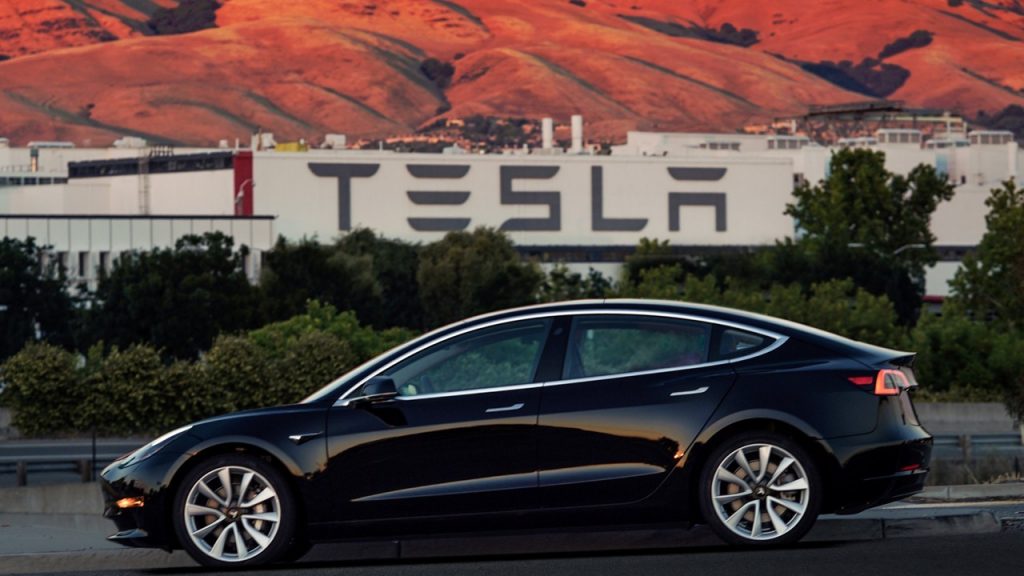
Tesla Inc. said on Monday it would raise about $1.5 billion through its first-ever offering of junk bonds as the U.S. luxury electric car maker seeks fresh sources of cash to ramp up production of its new Model 3 sedan.
The move to issue junk bonds – lower-quality investments that offer higher yields – represents a bet by Tesla Chief Executive Elon Musk that bond investors will be as hungry as stock investors to back the company on expectations that its Model 3 will be a hit.
Tesla shares are up 67 percent this year, pushing the company’s market value to about $60 billion, above that of top U.S. automakers General Motors Co (GM.N) and Ford Motor Co (F.N), even though Tesla has yet to make an annual profit.
“Bond investors, who typically don’t love companies that don’t make money, will be far more forgiving when it comes to Tesla,” said bond expert Robbie Goffin, managing director of FTI Consulting, citing the company’s stellar stock market value.
Tesla was to start pitching potential investors on Monday, IFR reported, citing lead bankers on the deal.
So far, Tesla has been raising money to pay its bills with a combination of equity offerings and convertible bonds, which eventually convert into shares. In March, the company raised $1.4 billion through a convertible debt offering.
ALSO READ: After Inspiring An Industry Of Hyperloop Startups, Elon Musk Is Set To Build His Own
Following the announcement, Standard & Poor’s reaffirmed its negative outlook for the automaker and assigned a “B-” rating for the bond issue – deep into junk credit territory. S&P also maintained its “B-” long-term corporate credit rating on Tesla.
“We could lower our ratings on Tesla if execution issues related to the Model 3 launch later this year or the ongoing expansion of its Models S and X production lead to significant cost overruns,” S&P said in a statement on the bonds.
Moody’s assigned a junk “B3” rating to the bond issue and said the company’s rating outlook was stable.
The rating agency said the overall company’s “B2” rating was supported by the fact that if Tesla ends up in serious financial trouble, its brand name, products and physical assets would be of “considerable value” to other automakers.
The automaker’s debt load increased significantly last year when it bought solar panel maker SolarCity.
CFRA equity analyst Efraim Levy said the bonds provide Tesla with funds “at least into mid-2018.”
“There is a risk they could still run out of money,” he said. “Then you’d go back to the equity markets and hope it’s not too late” to raise more money.
